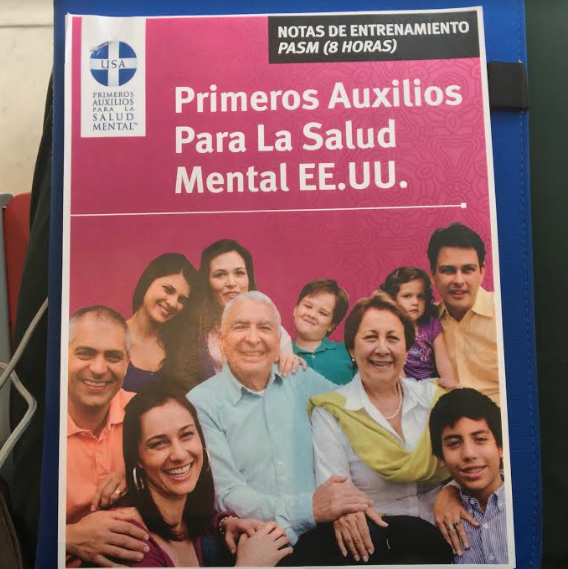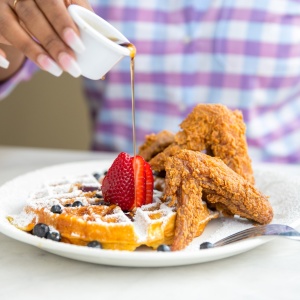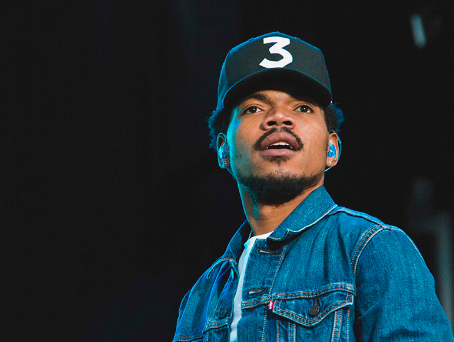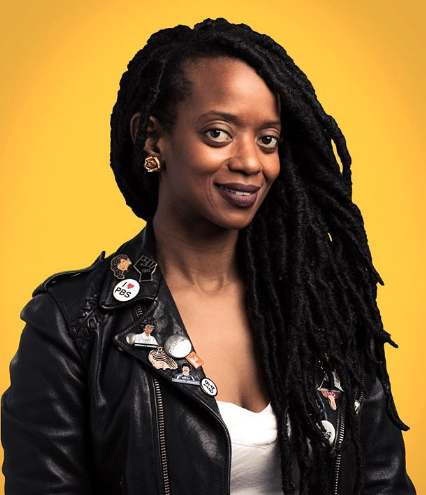Good day, best friend. Welcome to another round of Mental Health Monday, your weekly dose of stories, resources, and motivation for your everyday life. On our last feature, we introduced you to lupus warrior and host of #LupusChat Tiffany Peterson, who shared why anime is the shit, how her advocacy work impacts her mental and emotional wellness, and a few things she does to get some joy. Check it out here.
THIS WEEK'S GOODNESS:
Shelah Marie, founder of Curly, Curvy, Conscious, shared a few useful tips for those new to meditation who may need some help finding their quiet place, centering themselves, and getting their woosah on.
"Black, young and suicidal: An epidemic we must continue to bring to light" by George M. Johnson [The Grio]
Let’s face it, Black folk are killing themselves and the rate of suicides are only increasing across many demographics.
According to the CDC, suicide is now the third-leading cause of death for Blacks ages 15-24. Although white people have the highest suicide rates in the country, the numbers around Black boys age 5-11 have doubled over the past 20 years. Researchers using this data have concluded that part of this rise is due to Black children “likely to be exposed to violence and traumatic stress, and that black children are more likely to experience an early onset of puberty, which can increase the risk of depression and impulsive aggression.”
"Therapy Is Gangsta: Hip-Hop’s Views on Mental Health Are Evolving" by Sheldon Pearce [Pitchfork]
In recent years, more rappers have been vocal about seeing therapists. Logic is at the forefront of rap’s battle for mental health; he first admitted to seeing a therapist in 2014 and he still goes. His recent hit “1-800-273-8255” was released in partnership with the National Suicide Prevention Lifeline, and he performed the song at the VMAs. Last year, Run-D.M.C.’s Darryl McDaniels put out a book called Ten Ways Not to Commit Suicide, in which he admitted to first seeking professional help in 2004 and pushed for more black men to seek treatment. “When I went to therapy I realized … that therapy isn’t ‘soft,’” he said. “My saying is, ‘Therapy is gangsta.’ It actually empowered me.”
"I am not OK: stoicism, mental health, and the black community" by Britt Julious [WBEZ Chicago]
I had a friend in school who wrote about her depression, and I berated her online. I didn’t understand why she couldn’t get over it. In my mind, this was not sickness. And therapy, while good in theory, seemed unnecessary for someone so young, smart, and wealthy living in an affluent suburb. “Why can’t she just push through this?” I used to ask. And as she continued to talk about her pain, I continued to feel angry. “This is not a problem,” I thought. I told a relative about the girl, and they said she was just acting dramatic. And in all of the things that signaled who was and was not a weak person, “acting dramatic,” was one of the worst. There was depression and there was “depression,” and I learned to only recognize the latter.
Phillip J. Roundtree, MSW, MS, mental health advocate and host of #YouGoodMan?, a podcast focusing on men's wellness, shared his experience navigating life as depressed Black man, and how he overcomes negative feelings, a lack of motivation, and bounces back from bad days and crappy moments.
"Treating Insomnia Can Ease Anxiety, Depression Study Says" by Shantell E. Jamison [EBONY]
The researchers found that those who had the CBT sleep treatment reduced their insomnia significantly. They also showed small but sustained reductions in paranoia and hallucinatory experiences.
The CBT led to improvements in depression, anxiety, nightmares, psychological well-being, and daytime work and home functioning, the researchers said.
"Students weigh in on mental health in the black community" by Taylor Y Matthews [University Daily Kansan]
One student said mental health in the black community isn’t "popular" to discuss. Another said the topic takes her out of her comfort zone. A third mentioned that black students aren’t comfortable talking about their personal feelings with someone who isn’t black.
Their answers made apparent why the National Panhellenic Council, which represents the nine historically African-American Greek lettered fraternities and sororities on campus, sponsored the forum "Mental Health in the Black Community,” at the Kansas Union on Sept. 14th.
Alex's year-long multimedia movement to encourage mental and emotional wellness among Black and brown folks, GetSomeJoy, is finally live. On the horizon: engaging events, a video storytelling series, Mental Health First Aid Trainings, an online wellness hub with a directory of Black and brown mental health professionals and wellness coaches/practitioners, and programs, agencies, and non-profits offering other vital support, and much more.
Learn more and answer the question, "How do you get some joy?" here.
































